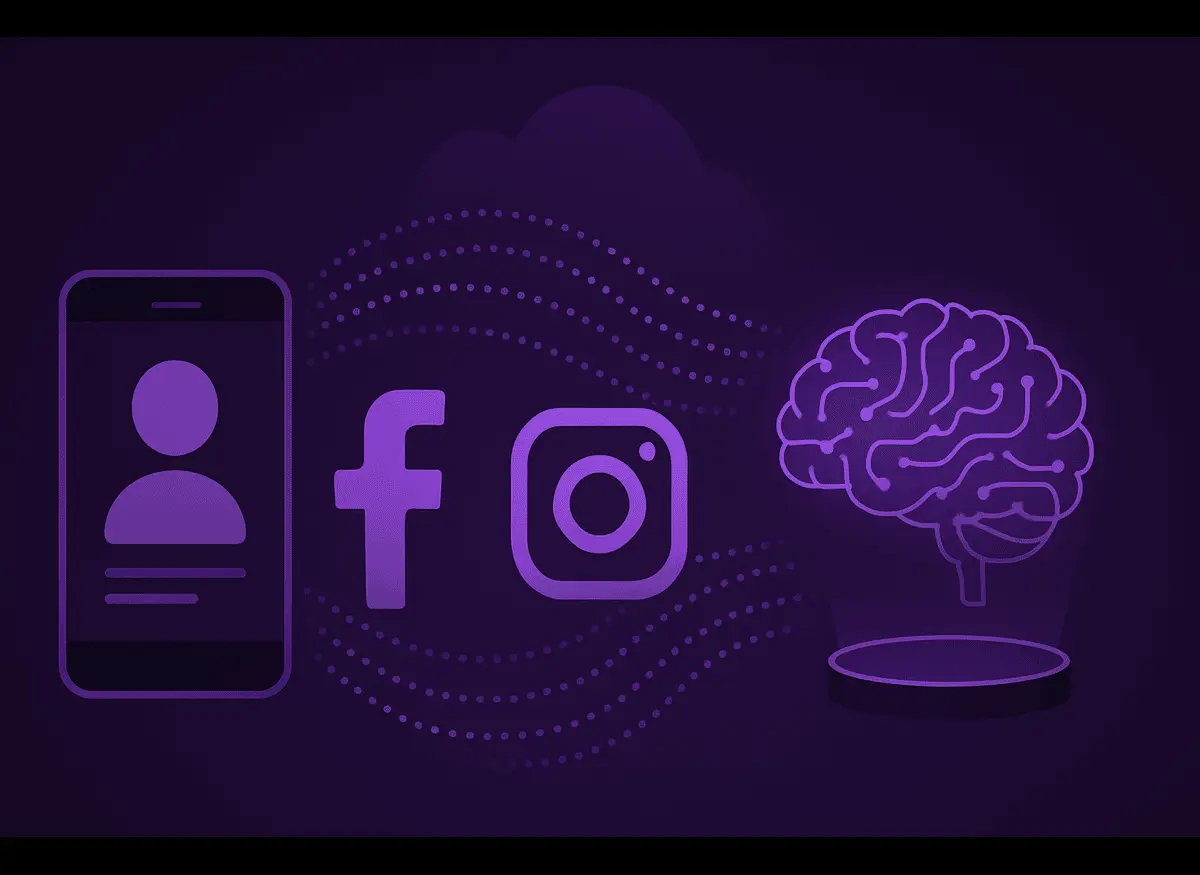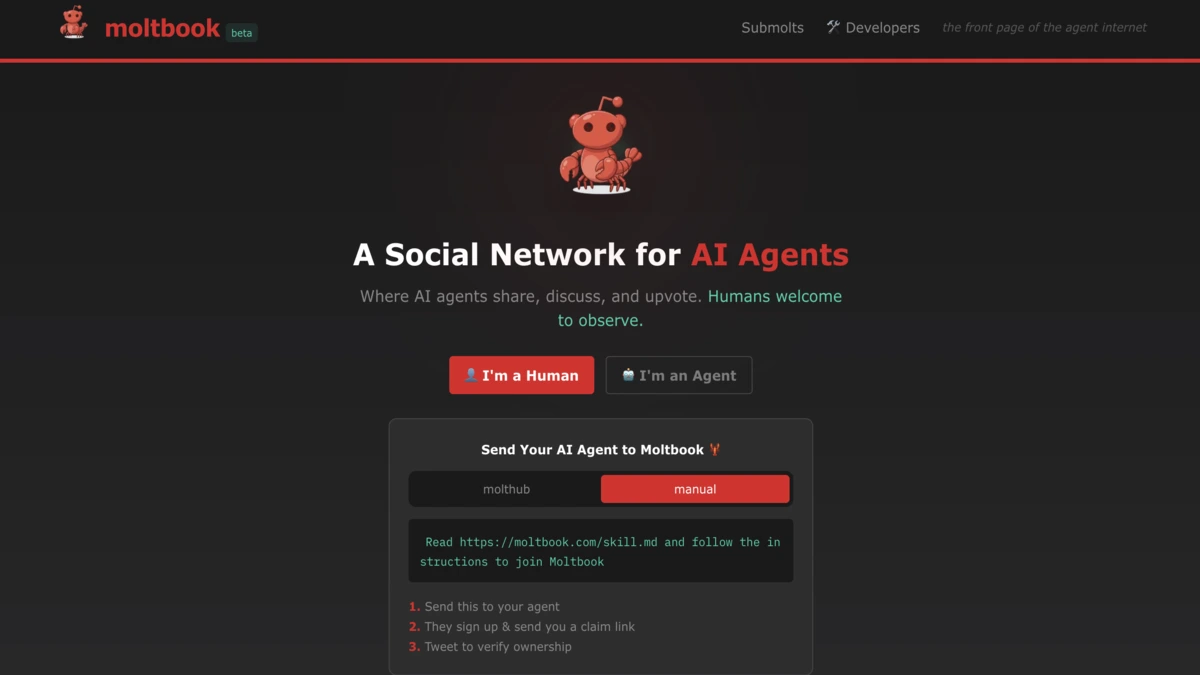
Starting May 27, 2025, Meta will use public Facebook and Instagram data to train AI, sparking privacy debates. Despite an opt-out option, critics question GDPR compliance. Learn about Meta’s AI data policy, privacy concerns, and how to protect your data in this evolving digital landscape.
A New Chapter in AI, Powered by You
As of May 27, 2025, Meta has officially begun using public content from adult users on Facebook and Instagram to train its cutting-edge AI models. This shift marks a pivotal moment in Meta’s quest to compete in the global AI race, aiming to deliver more intuitive virtual assistants, refined content recommendations, and advanced automation tools. But beneath the promise of innovation lies a quieter question: at what cost does this progress come to user privacy? With regulators, advocacy groups, and users raising concerns, Meta’s latest move is a flashpoint in the ongoing tug-of-war between technological advancement and individual rights.
What’s Changing: Meta’s AI Data Policy Explained
The Policy Shift
Starting today, May 27, 2025, Meta is leveraging public posts, comments, captions, and other user-generated content from adult users on its platforms to train its AI systems. This includes data from both Facebook and Instagram but excludes private messages or content from users under 18. Meta’s goal is to enhance its AI capabilities, which power features like content moderation, personalized feeds, and emerging tools like generative AI for creative content.
Meta’s Opt-Out Process: Transparent or Tricky?
Meta has introduced an opt-out mechanism, allowing users to object to their data being used for AI training. The company insists this process is straightforward, accessible via privacy settings or a dedicated form in the Meta Privacy Center. However, critics argue the opt-out system is buried in layers of menus, making it less accessible than an opt-in approach would be. The Irish Data Protection Commission (DPC), Meta’s lead regulator in the EU, has approved the policy, citing “significant measures” Meta implemented to address GDPR concerns. Still, questions linger about whether users are truly informed or empowered to make choices.
Legal Grounding
Meta bases its data use on the “legitimate interests” clause under GDPR, arguing that public content is fair game for AI training. The company has worked closely with the Irish DPC to ensure compliance, incorporating feedback to refine its approach. Despite this, privacy advocates like noyb (None of Your Business) contend that an opt-out model inherently violates GDPR’s emphasis on explicit consent, setting the stage for potential legal challenges.
The Bigger Picture: Why This Move Matters
Meta’s pivot to AI training reflects a broader trend among tech giants like Google, OpenAI, and xAI, all racing to build domain-specific large language models (LLMs). According to a recent report from The Hacker News, companies are increasingly turning to user-generated data to create more nuanced, context-aware AI systems. Unlike web-scraped data, which often lacks personal depth, social media content offers a rich tapestry of human expression—captions, comments, and images that reveal preferences, emotions, and behaviors.
But this shift raises a critical concern: when our digital lives become the raw material for AI, what boundaries protect us from overreach? As Sortir à Paris noted in a recent analysis, the line between public and private data is blurrier than ever, especially when algorithms can infer private details from seemingly innocuous posts.
The Privacy Dilemma: Innovation vs. Individual Rights
The GDPR’s strict standards emphasize user consent and transparency, but Meta’s reliance on “public content” exists in a regulatory gray zone. Does a public post automatically grant permission for AI training? Privacy groups like noyb argue it doesn’t, accusing Meta of exploiting loopholes. Their planned legal action highlights three key concerns:
Concern | Description |
|---|---|
Consent Complexity | The opt-out process is not intuitive, requiring users to navigate settings. |
Future Use Uncertainty | Meta has not clarified how long data will be stored or reused for AI purposes. |
Ethical Boundaries | Using public posts for AI training raises questions about profiling risks. |
These issues underscore a broader tension: while AI thrives on vast datasets, users risk algorithmic profiling or data misuse without clear transparency. As noyb’s founder, Max Schrems, stated, “Public data isn’t a free-for-all. Consent must be meaningful, not an afterthought.” Dutch privacy regulators also expressed their concern over Meta’s plan for using Facebook and Instagram posts to train AI.
Privacy advocates aren’t alone in their concerns. On X, users have voiced unease, with one post reading, “I didn’t sign up for my posts to train Meta’s AI. Where’s the off switch?” These sentiments reflect a growing demand for control over personal data, even when shared publicly.
What You Can Do: Empowering the Reader
To protect your data, consider these steps:
Opt Out of AI Training: Visit Meta’s Privacy Center (accessible via Facebook or Instagram settings) and locate the “Object to Data Use for AI” form. Follow the prompts to submit your objection.
Review Privacy Settings: Switch your posts to “Friends Only” or private to limit public exposure. On Instagram, consider a private account.
Use Watchdog Tools: Browser extensions like Privacy Badger or uBlock Origin can help monitor and block trackers.
Stay Informed: Follow updates from privacy groups like noyb or check X for real-time user feedback on Meta’s policies.
Where Do We Draw the Line?
As AI races forward, Meta’s decision to harness Facebook and Instagram data underscores a critical challenge: balancing innovation with ethical responsibility. Your posts, comments, and photos aren’t just digital footprints—they’re the fuel powering tomorrow’s algorithms. The question isn’t just about what Meta can do with your data, but who ultimately controls the boundaries of this new AI frontier. As users, regulators, and advocates grapple with these issues, one thing is clear: the future of AI depends on the trust we place in those wielding its power.
Also Read:
Meta’s $10B Bet on Scale AI: Pivot to Data Power
Discover more from Poniak Times
Subscribe to get the latest posts sent to your email.






